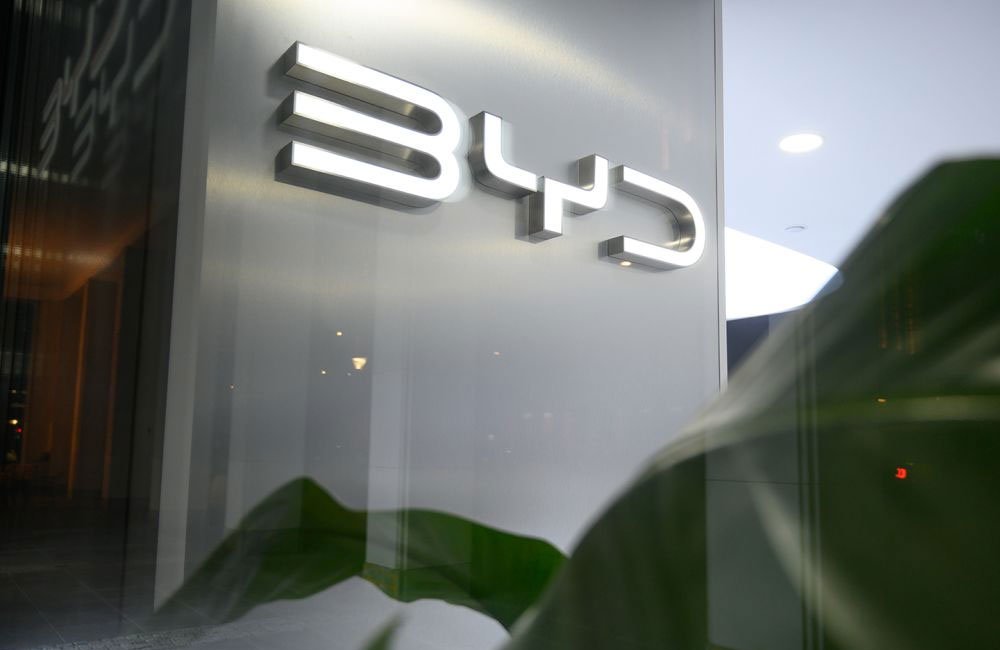In an ambitious move into Sri Lanka’s burgeoning electric-vehicle market, John Keells CG Auto (Pvt) Ltd (JK CG Auto), a joint venture between John Keells Holdings PLC and Nepal’s CG Motors of the Chaudhary Group, teamed up with Chinese automaker BYD to bring in electric vehicles (EVs) to Sri Lanka. What started as a green mobility landmark has now morphed into a serious public-interest controversy.
Since August 2025, more than 1,000 BYD units have been held by Sri Lanka Customs over allegations that the motor capacity of the imported EVs was allegedly understated enabling lower duty/tax payouts.
While JK CG Auto says all imports remain unaffected and are proceeding, customers are clearly suffering delays and uncertainty.
A public protest on 4 November at the BYD showroom in Colombo captured the frustration. Customers, many of whom had put down advances, demanded swift action and clarity.
At the heart of the saga lies the capacity classification of the vehicles. JK CG Auto contends that the models imported into Sri Lanka are the version with a 100 kW motor, certified by BYD as appropriate for markets such as Singapore, Nepal and Sri Lanka whereas other markets use a 150 kW version. JKCG further states that the hardware and software cannot simply be altered post-manufacture.
However, Customs has formed a technical committee to verify the true capacity and has retained vehicles for inspection. In one recent ruling, the Court of Appeal ordered Customs to expedite the scanning and testing of the detained vehicles.
Complicating matters are the Nepalese origins of the joint venture partner. CG Motors has previously been accused of manipulating vehicle classifications in Nepal for example importing minibuses under different HS codes to pay vastly lower duties.
That history now casts a shadow on the Sri Lankan venture.From a broader perspective, this case reveals how bold statements of EV-infrastructure growth run head-first into regulatory, tax and governance realities.
While Sri Lanka, following the lifting of its long-standing vehicle import ban in January 2025, opened up its market to new players, regulatory oversight appears to lag. The possibility of under-declared vehicle specs means potential losses to the Treasury, while the customer side faces delays and uncertainty.
For JK CG Auto and its backers, the reputational stakes are high: a high-profile green mobility launch is now tainted by questions of duty skirts and tax fairness. For Sri Lanka, it raises urgent questions about the governance of vehicle import regimes, transparency of major conglomerate ventures, and the fairness of tax enforcement.
In short: while the future of EVs remains a priority for national policy and for corporate strategy, the country may be watching one of its biggest EV launches stumble into the very terrain it hoped to leave behind murky classification, duty ambiguity and public-interest scrutiny.

Leave your comments
Login to post a comment
Post comment as a guest